Warning: The following article contains spoilers up to the currently airing sixth season of Outlander as well as content related to sexual assault that some may find triggering.
In all of modern storytelling–whether books or plays or TV shows or films–one of the hardest plot devices to justify is rape or sexual assault. As Wired’s Laura Hudson once put it, “Take a story, add one rape, stir vigorously, and presto—instant emotional reaction! This is both incredibly lazy and incredibly callous, but it works, so people keep doing it.” I do not discredit the argument–far from it. If anything, it holds true most often that these scenes are mere placeholders in lieu of true motivations and backstory. And speaking as someone with personal experience, it can be unduly triggering to watch as a viewer as well. Nevertheless, I’m here to argue that Starz’s sci-fi period piece Outlander (and by extension, the Diana Gabaldon books it is based on) qualifies for justification, precisely because of how entrenched the dynamic has been woven into the story since the beginning–perhaps more than fans recognize.
Unlike some other shows (Game of Thrones, to name one) Outlander is aware of the sensitivity of these issues and committed to presenting them with care. So much so that they are central and delicately approached in nearly every season. Every major character has, in fact, dealt with rape or assault in varying degrees: from Jamie to Fergus to Brianna to Claire, and now, Malva. Some might say this is obvious or insignificant because it’s circumstantial, given how the characters are placed in a more lawless time period. Or, that it isn’t what the story is wholly about. In my view, it is what the story is wholly about. There’s a consistent pattern of having both a breadth and depth in both its depictions and the aftermath that just doesn’t get talked about nearly enough in terms of its importance.
If we think of their story arcs from a horizontal perspective, the characters are given the opportunity across the board to deal with their respective situations in due course, with it manifesting in several ways. And by doing so, Outlander has established a truly unheard of foothold in how we talk about assault.
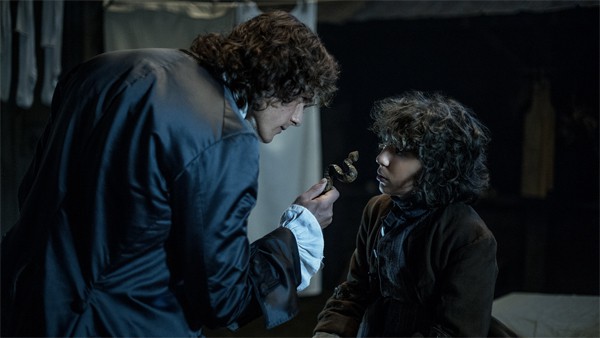
Take Fergus, for example. Although we never explicitly saw Black Jack Randall take advantage of him as a child, it was implied in Season 2. And it manifested in his idolization of Jamie, the adult who saved him in that moment. Conversely, both Jamie and Brianna struggled mentally and emotionally for some time after being raped–until someone they trusted helped them realize the agency they still held. The repercussions of the assault on Claire by several men in the last season is still playing out now in the current one–with her turning to self-medicating with ether to avoid her trauma. Season 6 has also introduced the shocking reveal of Malva naming Jamie as the father of her child after a night where he seemingly had too much to drink–with the implication left hanging that it could’ve been rape or, as Jamie called it, a “tale of rape.”
No other show I can think of is striving to touch on so many different aspects of what is, essentially, the same matter. The conversations they engender–by necessity, not casually–are ones of serious import, such as healing not being one-size-fits-all. They invite discussions of agency. Of surviving.
I have to pause, though, to delve into the Malva complication further because it speaks to the bigger picture of Outlander’s depictions of assault. Her situation is in fact a rather modern-day cultural conversation of believability. Will a victim be believed? Will they be judged or ridiculed as the girl who “wanted” it or the girl who “deserved” it? The “liar?” In the case of Malva, it’s easy for us to fall into the trap of speculating about her as the other characters do–that she’s lying because Jamie would never do that. We justify it because she’s been fooling around with others on the show and she as much as said that she wanted to help him that moment (denying it was assault herself). However, it’s way more than some kind of “juicy” storyline; it’s a testament to how far the show is willing to go in comparison to others, not visually but thematically.
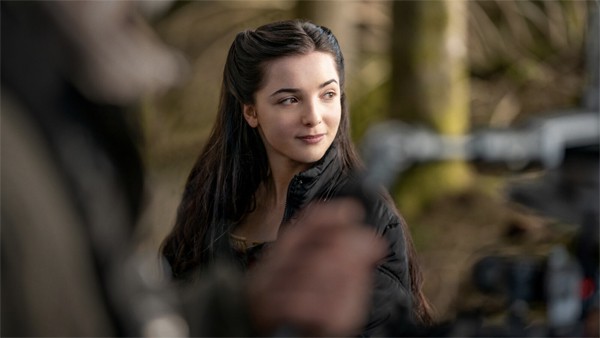
With Malva, the audience is being pushed into a thought experiment–how far does our believability extend in a post #MeToo world? Can we hold fast to the truth of even a questionable female character? I would argue that all the rape and assault scenes up until this moment are proving purposeful in this regard. Without them, it would be unconscionable to not believe Malva, right? Because remember, Jamie had to be taught by Claire to not think of her as property and not beat her when she made a mistake.
But only with those past scenes, from Fergus to Brianna to Claire, are we “in” on something that truly makes Malva’s testimony questionable. If we hadn’t seen the brutality that Jamie went through as a victim of Jack Randall, if we hadn’t seen how he saves and cares for others who have similarly been through the same thing, then his innocence wouldn’t be such a foregone conclusion by Claire or ourselves. In other words, it’s not a cookie-cutter, one-size-fits-all answer to the problem of assault and credibility. It’s just something more nuanced–one where the complete context is only ever afforded to the TV show audience. We still have a few more episodes left in Season 6, so I wouldn’t be surprised if it is revealed that Malva was forced upon by someone very close to her, as statistically tends to be the case in real-life situations.
So, it’s clear that Outlander is doing the groundwork horizontally (which is to say personally or on the micro level) when it comes to trauma on screen, but it holds true as well for the vertical or macro mechanics. Simply put, the show is about the dynamics between the powerful and the powerless. We, of course, know as much from the huge historical moments of revolt and revolution that provide its backdrop (Culloden, the Revolutionary War, World War II). But I think it’s easily missed how interconnected this idea is with the depictions of rape and assault in the series.
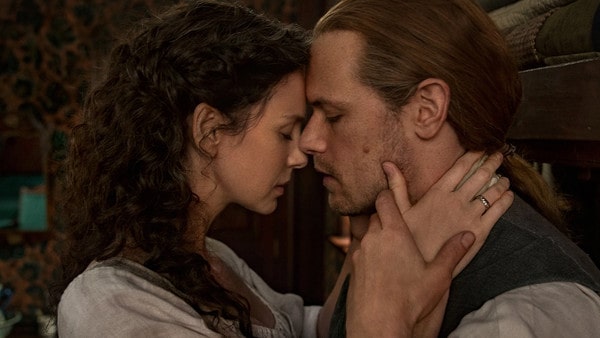 In the words of Oscar Wilde, “Everything in the world is about sex, except sex, which is about power.” So in theory, if sex is consensual, the power is equal. If not, there is an imbalance of power and agency. And in the scope of Outlander, what we’re really talking about when we talk about assault is how individual agency is expressed or denied in a chaotic, domineering world. The hot-and-heavy, consensual, romantic sex scenes are often considered the bread and butter of the show, but I assert that it’s just as much (if not more) about the unfortunate, darker side of that. One cannot exist without the other in this story–otherwise the tenets of the overall message would fall apart. There’s a clear differentiation between what is consent and what is not, what is love and what is not, and doing so without bypassing the difficult in-between spaces.
In the words of Oscar Wilde, “Everything in the world is about sex, except sex, which is about power.” So in theory, if sex is consensual, the power is equal. If not, there is an imbalance of power and agency. And in the scope of Outlander, what we’re really talking about when we talk about assault is how individual agency is expressed or denied in a chaotic, domineering world. The hot-and-heavy, consensual, romantic sex scenes are often considered the bread and butter of the show, but I assert that it’s just as much (if not more) about the unfortunate, darker side of that. One cannot exist without the other in this story–otherwise the tenets of the overall message would fall apart. There’s a clear differentiation between what is consent and what is not, what is love and what is not, and doing so without bypassing the difficult in-between spaces.
All in all, Outlander makes a substantial case for its representations of rape and assault, unlike so many others. Similar to the dragonfly in amber referenced in the title of the second book in the series , the show suspends these traumatic moments in time where we can assess their finer points from every angle of what is the light. And there is a lot a viewer can understand as a result of what’s seen, but it must be said that no amount of nuance or sensitivity can discount a real-life sexual abuse survivor still feeling potentially triggered. We here at Watercooler pride ourselves with taking into account the intended audience when recommending titles to our readers. So hopefully, in that regard, this argument provides further insight for current or future viewers of Outlander.


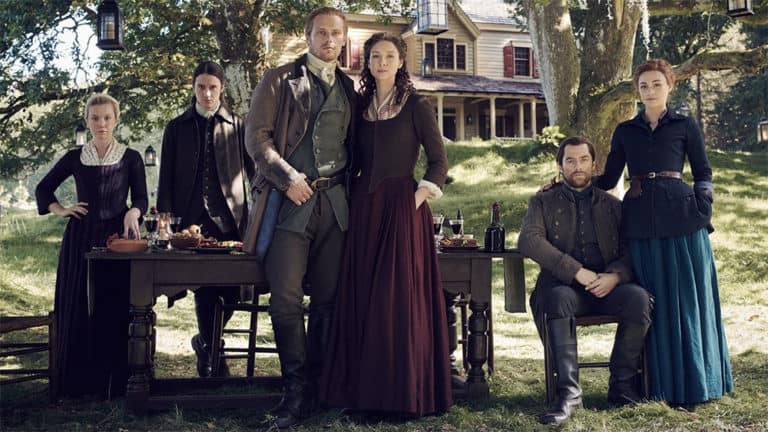
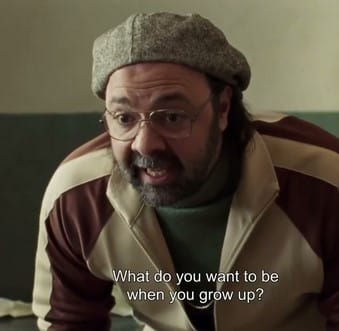
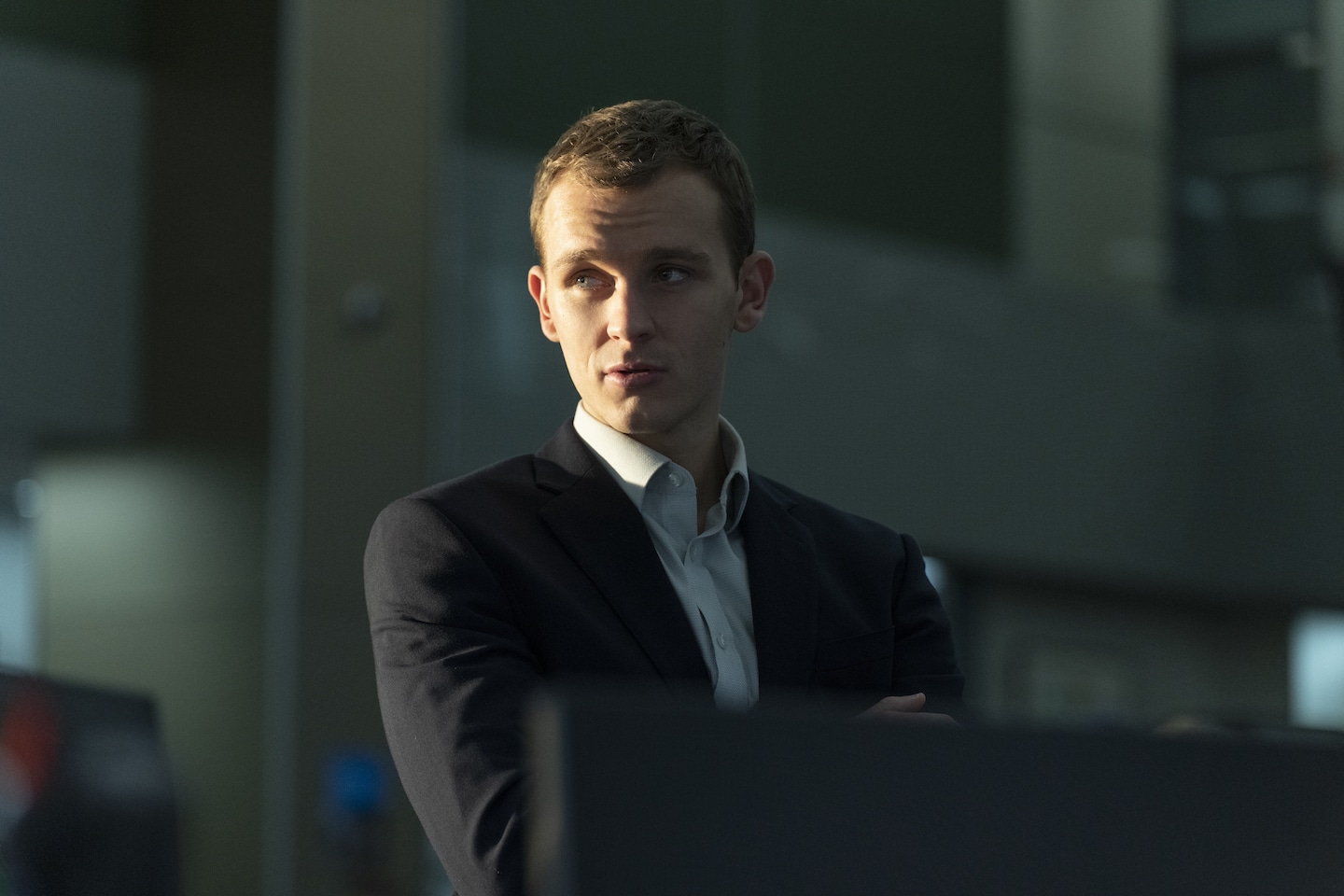
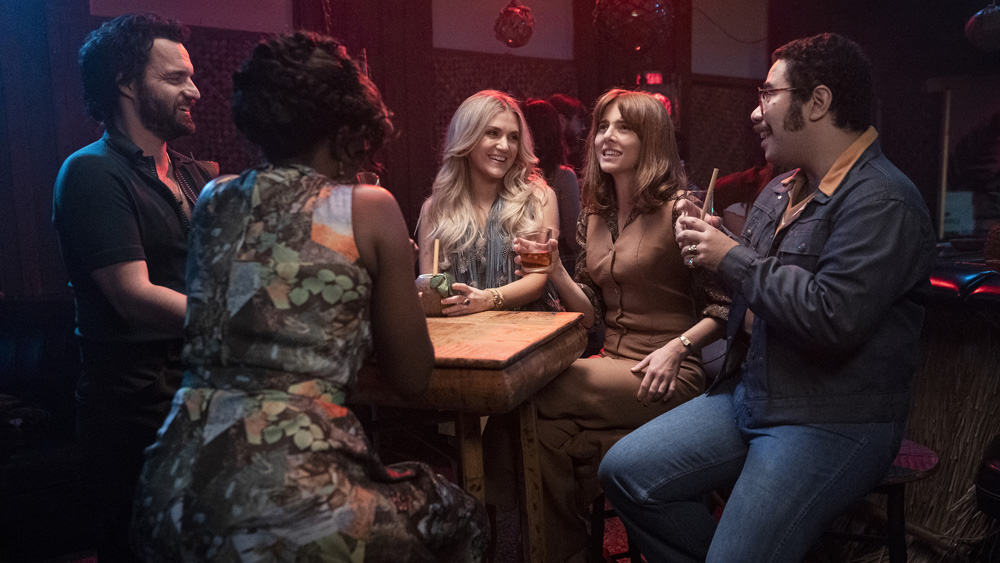
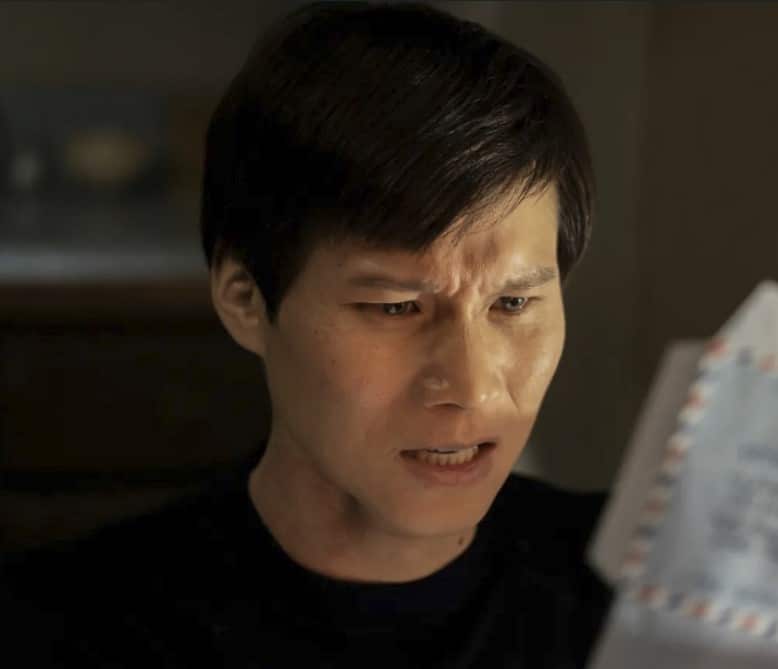


Start a watercooler conversation: